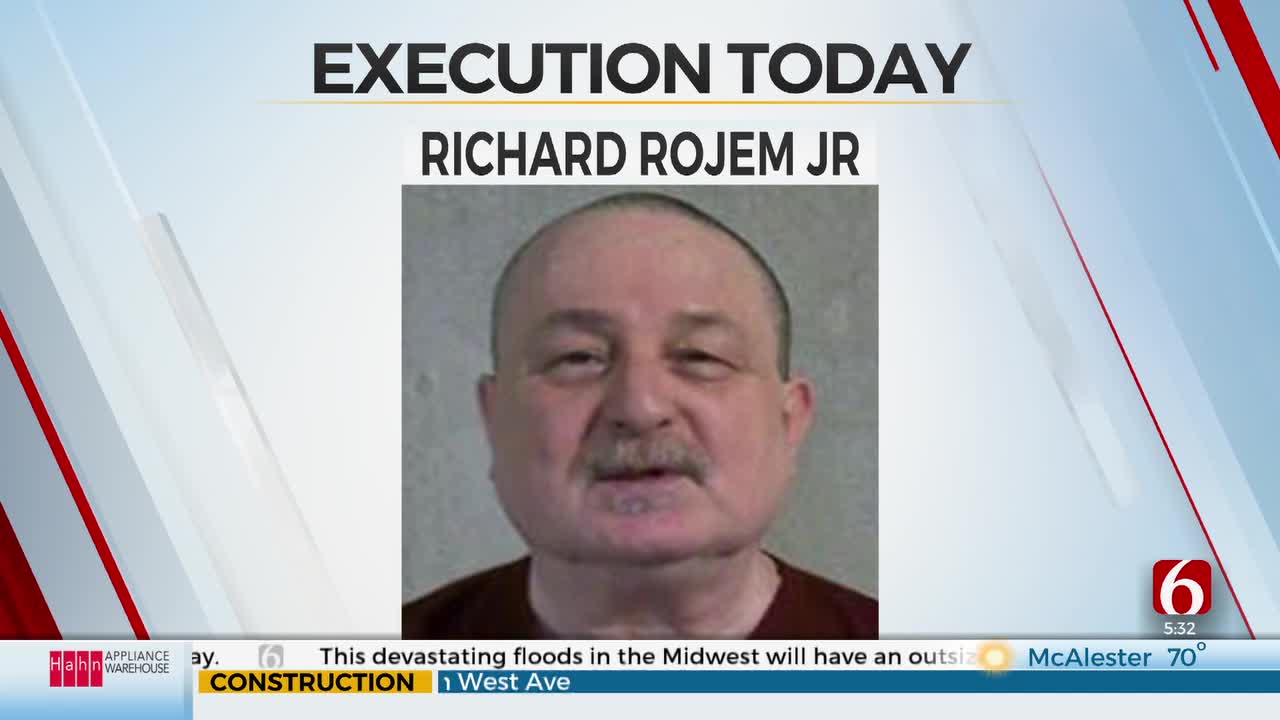In Flint, HHS secretary highlights Biden administration’s health efforts as pharmacies face challenges • Michigan Advance

U.S. Health and Human Services (HHS) Secretary Xavier Becerra met with members of the Michigan Pharmacists Association and local pharmacists in Flint on Wednesday to highlight President Joe Biden’s health care efforts.
Pharmacists welcomed the Biden administration’s proposals under the Inflation Reduction Act, which caps insulin copayments at $35 for Medicare Advantage and Part D beneficiaries and eliminates the cost of vaccines covered by Medicare Part D. Vaccines for diseases such as shingles and whooping cough previously cost seniors between $200 and $400.
“There are a lot of seniors in America who can’t afford $400 for a vaccine. So what do they do? They take a chance and hope they don’t get shingles,” Becerra said.
John Gross, owner of JGross Pharmacy Group and executive director of the Michigan Independent Pharmacy Association, spoke about his personal experience listening to seniors decide which drugs they could buy based on price. He called the insulin cap and the planned 2025 reduction in the cap on out-of-pocket drug costs “exciting.”
Currently, out-of-pocket drug costs for Medicare beneficiaries are capped at $3,500. In 2025, that cap will be reduced to $2,000. DHHS estimates that capping out-of-pocket costs in 2024 will save Medicare Part D beneficiaries in Michigan about $113 million.

“People say $2,000? That’s still a lot of money. If you’re a cancer patient, if your patient has cardiovascular disease, or if you’ve had a stroke, you know what your medications cost: tens of thousands of dollars. Starting next year, you won’t have to pay more than $2,000 out of pocket. That will be a huge savings for millions of Americans,” Becerra said.
In two months, the HHS will also announce the outcome of price negotiations for the 10 most expensive drugs in the Medicare system, Becerra said. These 10 drugs cost Medicare recipients $46 billion annually.
Too many Americans ration their medications, cutting a pill’s dose in half to extend the time before they have to buy more, or skipping doses to make sure they have a month’s supply of medication, Becerra said, stressing that cost-cutting programs are aimed not only at improving health but also at giving people peace of mind.
While Biden has kept his promises to reduce health care costs, provide access to more Americans and provide better services, there is still much work to be done, Becerra said.
Eric Roath, director of government affairs for the Michigan Pharmacists Association, pointed to recommendations in the Federal Trade Commission’s recent interim report on Pharmacy Services Managerwhich would help reduce drug costs.
The report, released on Tuesday, highlights how the business practices of Pharmacy Benefit Managers (PBIs), which act as intermediaries between insurance providers and drug manufacturers, allow them to profit by raising drug prices and imposing unfair, arbitrary and harmful contract terms on local pharmacies.

“We urge members of Congress and the administration to continue their good work and investigate the root causes that make it difficult for our citizens to get the vital medicines they need,” Roath said.
“Our pharmacies are taking every opportunity to serve our patients in an accessible and sustainable way. Ultimately, this means better access to essential health services, including medicines, for all citizens, but especially for our most vulnerable patient groups,” Roath said.
Bryan Homberg, pharmacy manager at Flint Family Pharmacy, said independent and community pharmacies are in danger, with many facing closure. He expressed concerns about the negative impact of pharmacy closures on patients, citing Rite Aid pharmacies close in Michigan after the company filed for bankruptcy and the Walgreens stores will close nationwide.
“This is a travesty of patient access to health care that must be addressed. And I look forward to working with the current administration and all of our future leaders to solve these problems for our fellow Americans,” Homberg said.
Roath also highlighted the role of pharmacies in providing health care, administering vaccinations and participating in infectious disease testing, as demonstrated by the COVID-19 pandemic.

“I want to remind everyone that you will not have to pay a co-pay if you go to your pharmacy and ask for a better overview of what health services you are entitled to and should receive. Prevention is better than cure, as they say,” Roath said.
The Biden administration has invested a large amount of taxpayer money in supporting pharmacies as they serve as the front line against COVID-19, Becerra said. The administration is also working to change policies that make it difficult for independent pharmacies to compete with large chains.
“We want to get rid of the middlemen that are making it really difficult for some independent pharmacists right now. These PBMs, pharmacy benefit managers, that essentially control the market,” Becerra said. “I mean that figuratively: They control the market by determining how these drugs are dispensed and priced.”
“We believe that these middlemen who are sucking money out of the system that never goes into health care or drug delivery are really doing a disservice to everyone, including the taxpayer,” Becerra said.



